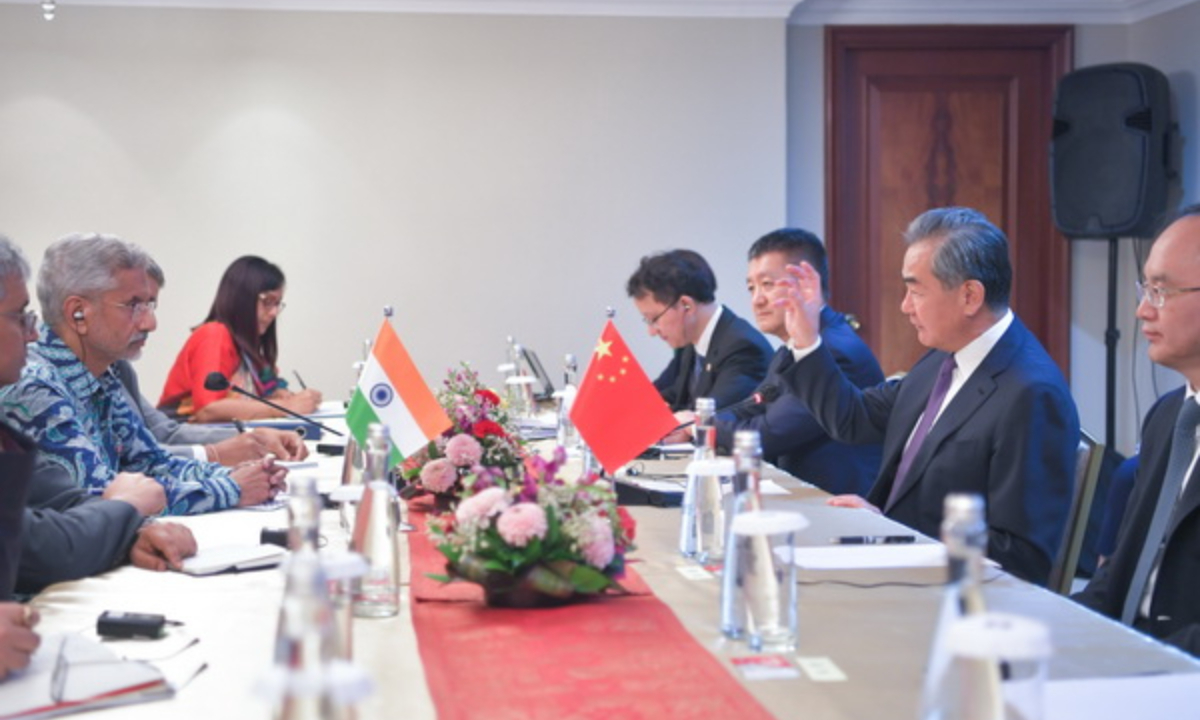China’s top diplomat Wang Yi met with Indian External Affairs Minister Subrahmanyam Jaishankar on Friday, during which Wang urged India to provide a fair, transparent and non-discriminatory business environment for Chinese companies.
Wang, director of the Office of the Central Commission for Foreign Affairs, expressed China’s concerns over India’s recent restrictions against Chinese firms during talks with Jaishankar on the sidelines of a series of ASEAN foreign ministers’ meetings, according to the Xinhua News Agency.
Wang said common development and prosperity between the two neighbors is a global example, calling for mutual support instead of suspicion.
Jaishankar said the normalization of India-China relations serves the common interests of both sides, adding that India is willing to properly handle differences with an open mind.

For instance, the Indian government in June frozen approximately 4.8 billion yuan($672 million)-worth of Xiaomi’s funds, citing alleged illegal transfer of funds overseas.
This was followed by Indian government’s curbs last month, mandating that Chinese smartphone manufacturers such as Xiaomi, OPPO and vivo position such as CEO, chief operations officer, chief financial officer, and chief technology officer from local talent, according to Indian media reports.
Xiaomi India is reportedly undertaking a round of significant layoffs. Recent media reports suggest that the company which employed an estimate of 1,400 to 1,500 employees at the beginning of 2023, has downsized its workface to approximately 1,000.
India has significantly intensified its curbs against Chinese companies over the past few years, particularly after the border standoff between China and India in the Galwan Valley in June 2020, Liu Zongyi, secretary-general of the Research Center for China-South Asia Cooperation at the Shanghai Institutes for International Studies, told the Global Times.
These Indian actions toward Chinese firms are unjustifiable, Liu said.
The targeted measures by Indian authorities against Chinese companies have not only dented Chinese investors but also potentially undermined the confidence of foreign investors in general, with some foreign companies having chosen to exit the Indian market amid growing concerns about their future business prospects, analysts said.























